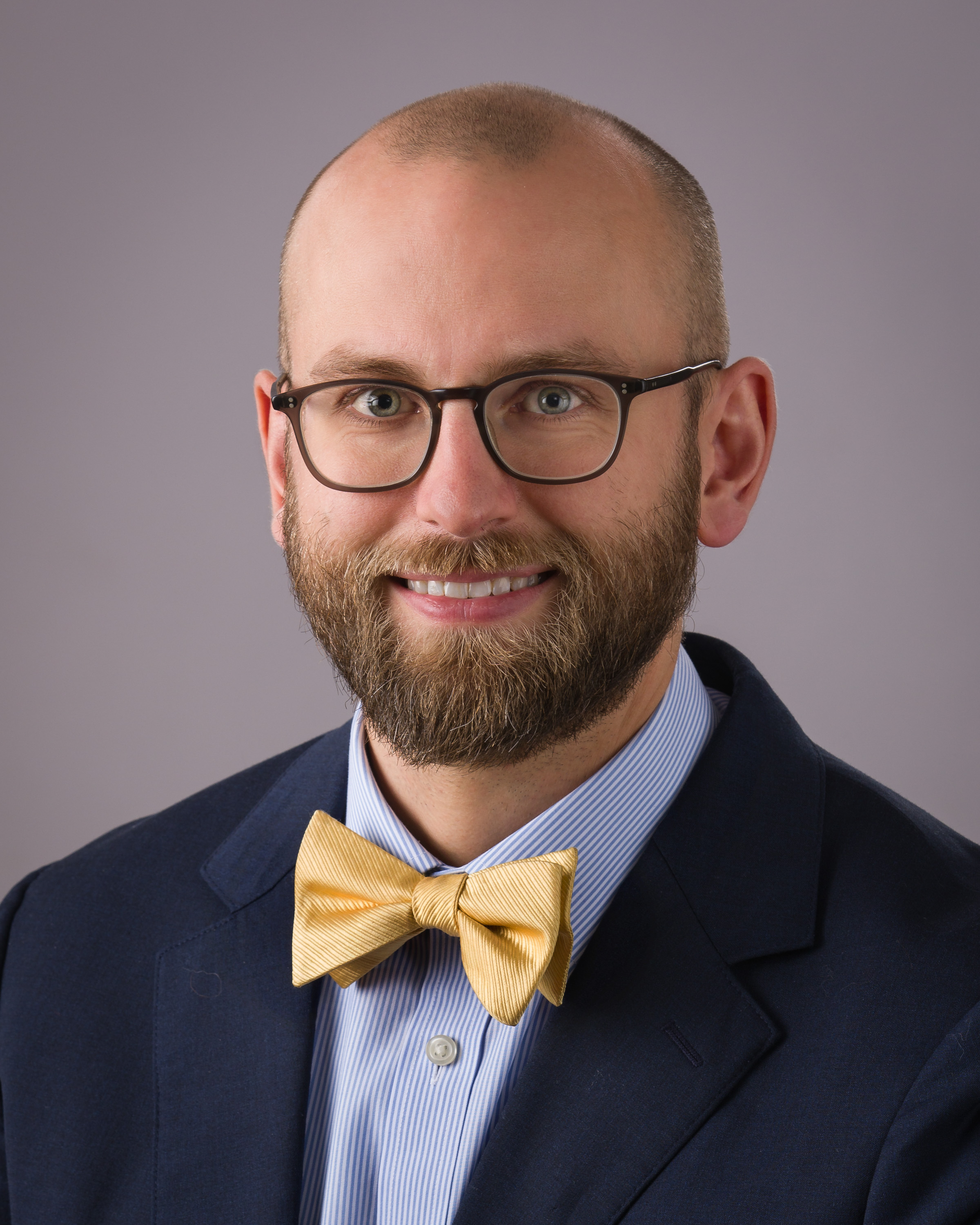Make time for a colonoscopy: it could save your life

Colonoscopies are one of the only types of screenings that can find and prevent cancer.
There are trade-offs in life. Getting a colonoscopy is one that you can feel good about. It could even save your life by preventing colon cancer.
“It takes some time and effort to prepare for a colonoscopy,” says David Droullard, MD, MS, a surgeon at PeaceHealth in Bellingham, Washington. “But the benefits are more than worth the effort.”
“Colonoscopies don’t just catch cancer early before it spreads. They also lower your risk of developing colon cancer by up to 69%, and lower your risk of dying from colon cancer by up to 88%,” he says. “It’s one of the only procedures that can do that!”
Who gets colon cancer
Colorectal cancer (CRC) is the third most common cancer (excluding skin cancers) and the second leading cause of cancer death in the U.S.
While CRC can show up in younger people, it’s most common in those who are 45 years or older.
You can reduce your chances for developing CRC by:
- Eating a plant-based fiber-rich diet, and/or take a fiber supplement like psyllium husk.
- Being physically active.
- Limiting or avoiding alcohol and tobacco.
But there are some risk factors for CRC you can’t do anything about. Among others, these include:
- Age. (Your risk goes up as you get older.)
- Having a relative (sibling, parent, grandparent) who has or had CRC.
- Having inherited genes that increase your risk.
- Having an inflammatory bowel disease.
Regardless of risk factors, experts recommend CRC screening for everyone 45 and older. And anyone younger than 45 with at least one risk factor should talk to their doctor about getting tested sooner.
That’s because CRC is most treatable when it’s found early.
Finding and preventing cancer
You can discuss with your primary care provider the various types of tests to screen for CRC. Each has its pros and cons, including how often it should be done, what it looks for and if you need any special preparation.
Send-away stool tests are reliable for detecting cancer and large polyps after they have already formed. If a stool test comes back positive, a colonoscopy is then needed.
In contrast, a screening colonoscopy can remove smaller pre-cancerous polyps before they would be detected on a stool test, and long before they have a chance to grow into a cancer.
The procedure itself is straightforward. While the patient is sedated (or sleeping) and lying on a table, the surgeon threads a colonoscope through the anus and up into the rectum and colon.
The scope expands the colon. A tiny camera takes a video to show the condition of the colon. If a polyp is found, the doctor can use a small tool to painlessly remove it then and there.
Prep is the trade-off
To give your doctor the clearest picture of the inside your colon, your part is to do what you can to clean out your system a couple days ahead of your procedure.
“This means following instructions on what to eat and taking a powerful laxative to flush out your colon,” says Dr. Droullard. “It’s understandable that people find this part uncomfortable.”
Still, many patients see the prep as a trade-off. They appreciate the peace of mind that comes with knowing they’ve done everything they could to decrease their risk of cancer, he notes.
If CRC is found, then treatment can start right away and improve their chance of living longer and better.
Are you due for a colonoscopy or other CRC screening test? Talk to your PCP today to take this potentially life-saving step.
David J. Droullard MD, MS
David Droullard, MD, MS, is a colorectal surgeon at PeaceHealth.
Dr. Droullard completed his colon and rectal surgery fellowship at Corewell Health, Michigan State University in Grand Rapids, Michigan and his general surgery residency at University of Washington in Seattle, Washington. Dr. Droullard graduated medical school from Columbia University Vagelos College of Physicians and Surgeons in New York, New York.
He is particularly interested in colorectal cancer, inflammatory bowel disease, diverticular disease, anorectal conditions, and pelvic floor disorders.
“I see my role as a partner in helping people understand their condition and make collaborative, informed decisions to improve their health,” said Dr. Droullard of his practice philosophy. “Mutual trust and respect are essential for a good patient experience and outcomes,” he said. Dr. Droullard uses advanced technology and minimally invasive surgical techniques to reduce pain and improve function after surgery.
Outside of work, he enjoys being in the mountains with his wife, adventuring with their dog, riding his bike and cooking.






